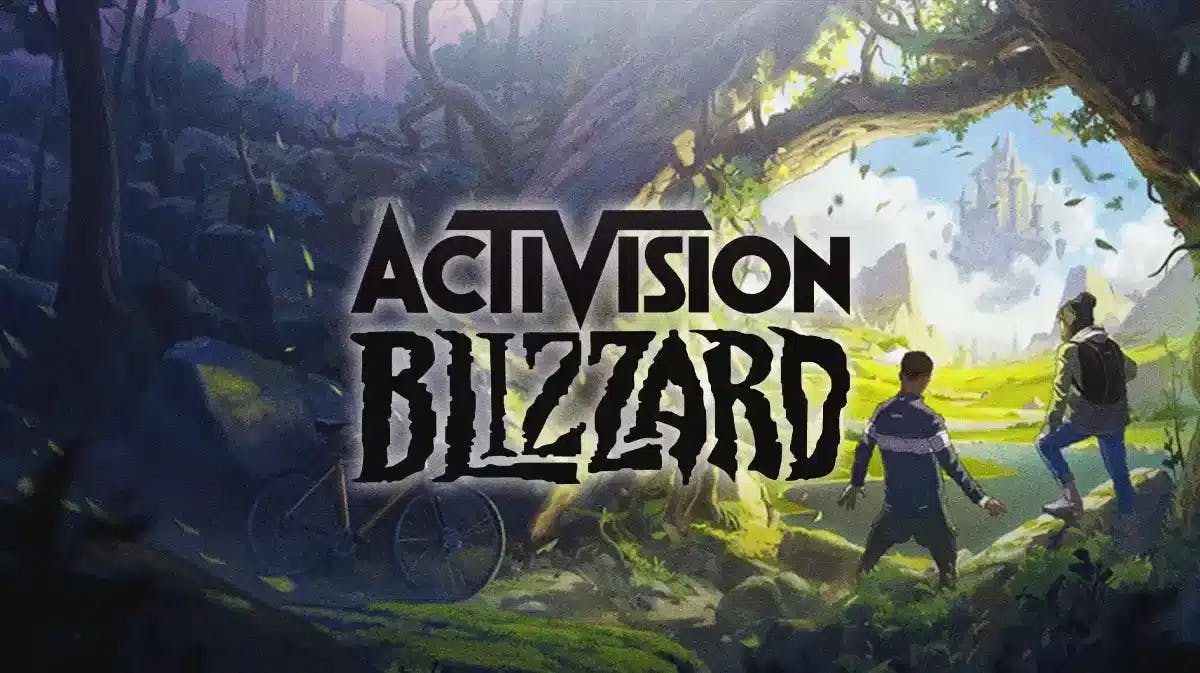In a stunning development that has left fans and industry experts alike reeling, Activision Blizzard’s much-anticipated survival game, internally codenamed Odyssey, has been canceled. This abrupt termination of the project, which had been in the works for over six years, is a direct fallout from Microsoft's recent extensive layoffs across its gaming divisions.
The game's journey began in July 2017, a fact revealed through the LinkedIn profile of Craig Amai, the project's director. Despite an official announcement in January 2022, Odyssey had a complex and lengthy history of development. From its inception, the game spent a significant amount of time in pre-production, with an increased momentum of development efforts observed between 2021 and 2023. This period saw a notable hiring spree at Blizzard, hinting at a ramp-up in the game's production.
However, the project's progress was unexpectedly halted, coinciding with Microsoft's sweeping layoffs, which took many by surprise. This move was an unforeseen consequence of Microsoft's recent actions impacting Blizzard's undisclosed project and its dedicated team.
Odyssey's Cancellation Reflects Deep-Seated Challenges In Game Development
Matt Booty, President of Game Content and Studios at Microsoft, confirmed the cancellation. He also mentioned that some staff members affected by this decision would be reassigned to other early-stage projects within Blizzard. Industry insider Jason Schreier dampened any remaining hopes for the game's near-term release by stating that the Odyssey project was still “many years away” from completion, thereby quelling recent fan speculations about its imminent release.
Microsoft lays off 1,900 Activision Blizzard employees and cancels new game development
Today, Microsoft laid off 1,900 employees at Activision Blizzard and Xbox, and also canceled development of Blizzard's new game Odyssey 🎮❌ pic.twitter.com/fodNsiEr61
— Naeri X 나에리 (@OverwatchNaeri) January 25, 2024
This cancellation is indicative of the challenges in game development, particularly in what is often referred to as “development hell” – a term used to describe projects that undergo prolonged and troubled development cycles. Despite the ongoing acquisition of Activision Blizzard by Microsoft and a continuous hiring trend throughout 2023, the decision to scrap the project was unexpected, especially for the development team and industry observers.
This news comes on the heels of another major cancellation in the gaming industry. In mid-December, Naughty Dog announced the scrapping of The Last of Us multiplayer game, citing a reluctance to commit to long-term live service experiences. Such decisions highlight the volatile nature of game development and the high stakes involved.
Blizzard Faces Major Shake-Up Amid Layoffs & Technical Setbacks
Further complicating matters for Blizzard is the recent announcement by Microsoft of plans to lay off 1,900 employees across various divisions, including Xbox, Bethesda, and Activision Blizzard. This downsizing also coincided with the departure of key Blizzard personnel, including President Mike Ybarra and Chief Design Officer Allen Adham, signaling a period of significant change within the company.
An internal communication from Matt Booty revealed technical issues with the game engine as a primary factor in the decision to cancel Odyssey. Initially developed using Epic’s Unreal Engine, the project later transitioned to Synapse, Blizzard’s in-house engine designed for multiple projects. However, delays in getting Synapse fully operational ultimately led to the demise of this ambitious survival game.
Odyssey Cancellation Highlights Game Development Risks
The cancellation of Odyssey raises important questions about the future of large-scale, high-investment game development projects. It underscores the complexities and risks inherent in the gaming industry, where even well-resourced and experienced companies like Activision Blizzard can face significant challenges.
As the industry continues to evolve, the impact of such cancellations on the workforce, the company's future project lineup, and the broader gaming community remains to be seen. With the ongoing integration of Blizzard into the Microsoft fold, the industry watches closely to see how this major player adapts to these challenging circumstances and what strategies it will employ to ensure future success and stability.
For more gaming news, visit ClutchPoints Gaming




